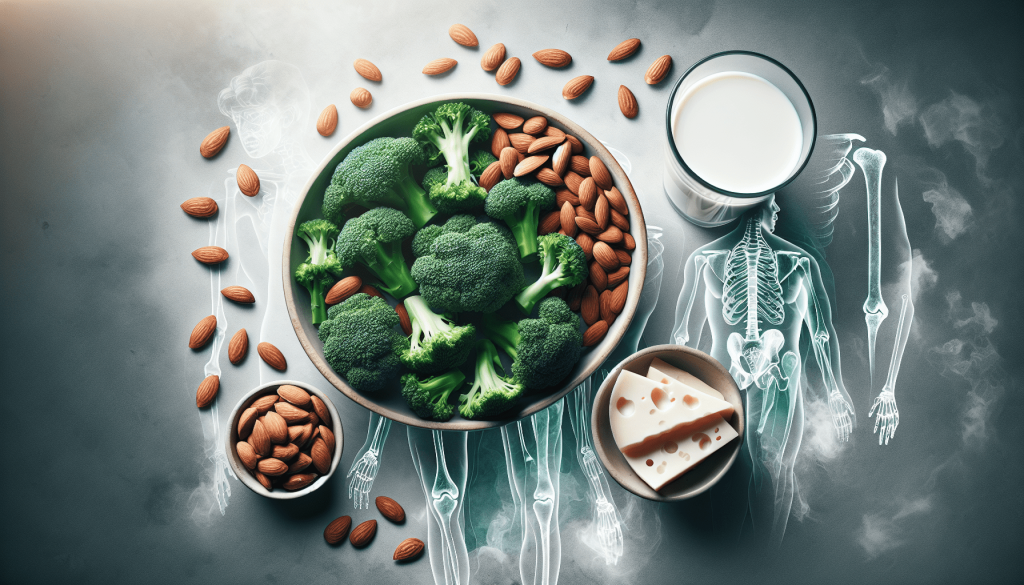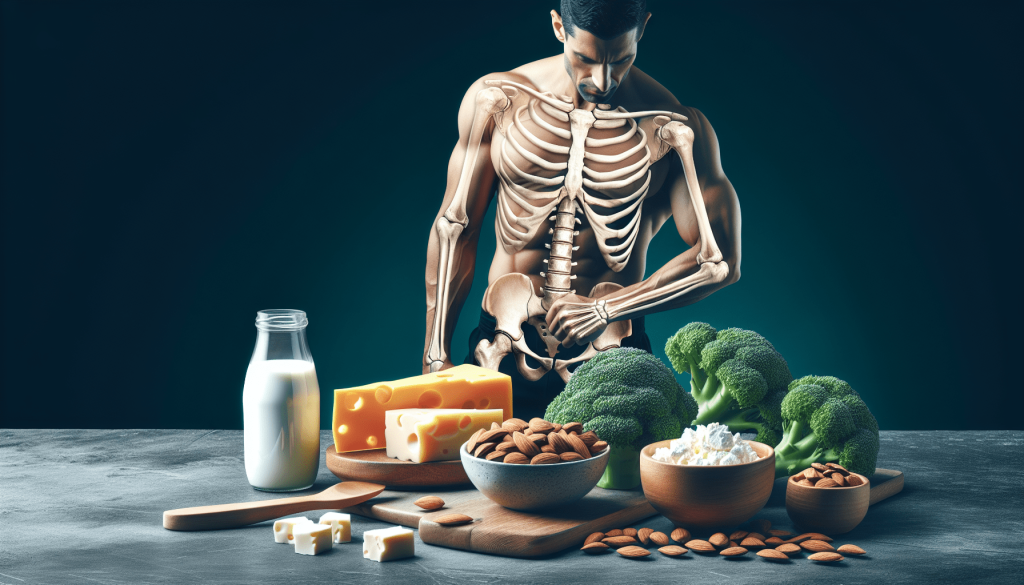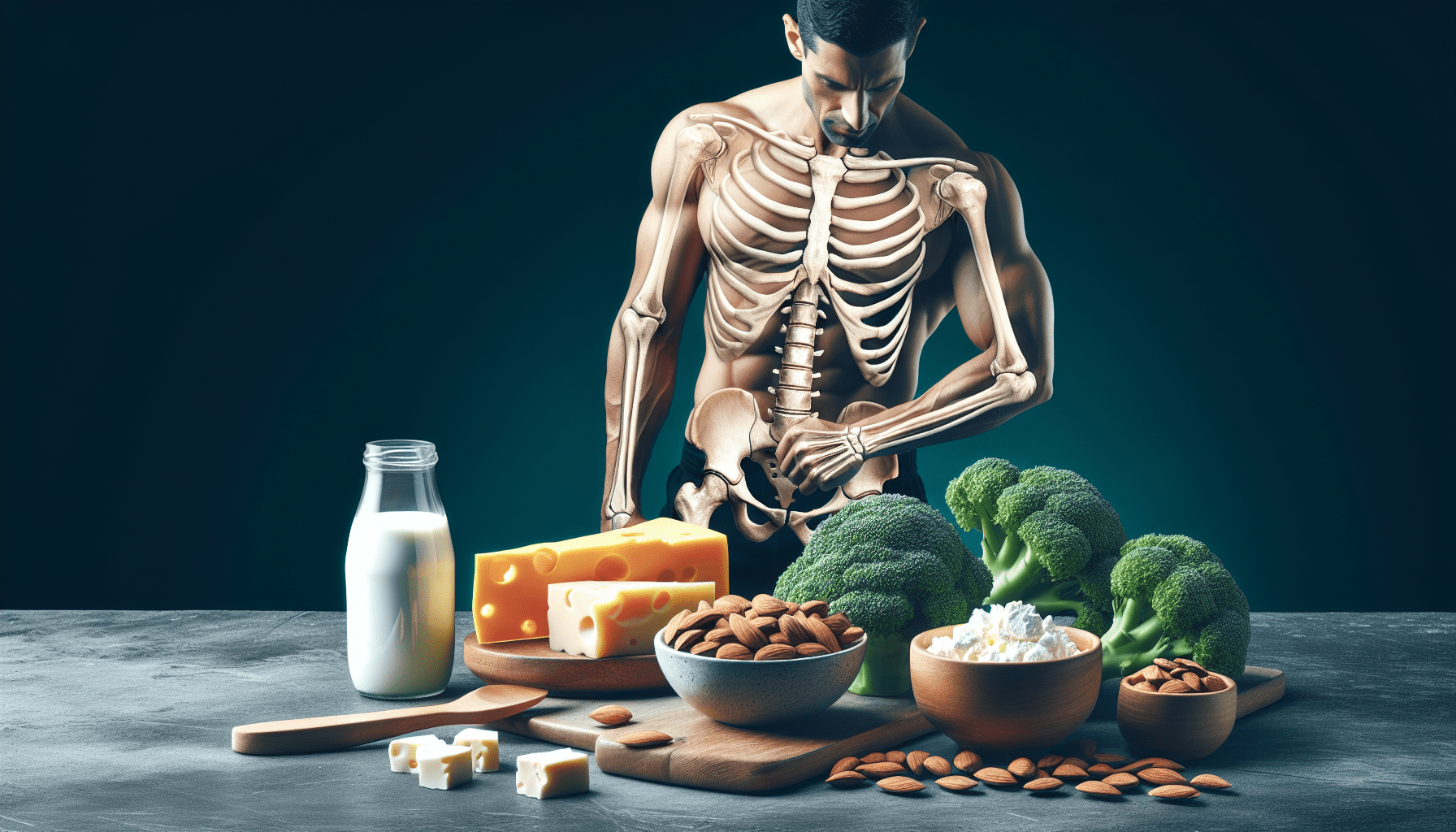Welcome to an informative look at how the popular keto diet may affect your bone health. In this article, we will explore the potential impacts of following a ketogenic diet on your bones and provide tips on how to ensure you maintain strong and healthy bones while on this eating plan. Stay tuned to discover how you can best support your bone health while enjoying the benefits of the keto diet.
The Impact of the Keto Diet on Bone Health
Hey there! If you’re considering starting the keto diet or have been following it for a while, you may be wondering about its impact on your bone health. Let’s delve into how the keto diet can affect your bones and what steps you can take to ensure you maintain strong and healthy bones while following this dietary approach.
Understanding Bone Health
Before we dive into the specifics of how the keto diet can impact your bones, let’s take a moment to understand the basics of bone health. Your bones are living tissues that provide structure, protect your organs, and anchor muscles. Bone health is crucial for overall well-being and daily functioning.
The Role of Nutrients in Bone Health
When it comes to maintaining healthy bones, nutrients play a key role. Several nutrients are essential for bone health, including calcium, vitamin D, magnesium, and phosphorus. These nutrients help in the formation, maintenance, and repair of bone tissue.
The Keto Diet: An Overview
The keto diet is a high-fat, moderate-protein, low-carbohydrate eating plan that aims to shift the body into a state of ketosis, where it relies on fat for fuel instead of carbohydrates. While the keto diet has been praised for its weight loss benefits and potential to improve certain health conditions, its impact on bone health has raised some concerns.
Potential Impacts of the Keto Diet on Bone Health
One of the primary concerns regarding the keto diet and bone health is the potential for nutrient deficiencies. Since the keto diet restricts certain food groups that are rich in essential bone-building nutrients, such as dairy, grains, and some fruits and vegetables, there is a risk of not getting enough of these key nutrients.

Calcium
Calcium is a crucial mineral for bone health, contributing to bone strength and density. Dairy products, leafy greens, nuts, and seeds are common sources of calcium. On a keto diet, the restriction of dairy and some leafy greens may make it challenging to obtain an adequate amount of calcium.
Vitamin D
Vitamin D is essential for calcium absorption and bone mineralization. Sunlight exposure, fatty fish, and fortified foods are sources of vitamin D. Due to the limitations on certain food groups in the keto diet, individuals may not get enough vitamin D, potentially impacting their bone health.
Magnesium
Magnesium is another mineral that plays a vital role in bone health, contributing to bone density and strength. Nuts, seeds, leafy greens, and whole grains are good sources of magnesium. With the limitations on whole grains and some veggies on the keto diet, it may be challenging to meet your magnesium needs.
Protein
Protein is necessary for bone health as it provides amino acids essential for bone formation and repair. While the keto diet includes protein sources like meat, fish, and eggs, excessive protein intake can affect calcium excretion and potentially impact bone health.

Maintaining Bone Health on the Keto Diet
While the keto diet may pose challenges to bone health, there are steps you can take to ensure you maintain strong and healthy bones while following this eating plan.
Include Calcium-Rich Keto-Friendly Foods
To ensure you’re getting an adequate amount of calcium on the keto diet, focus on incorporating calcium-rich, keto-friendly foods into your meals. Some examples include:
- Dairy alternatives like almond milk or coconut milk
- Leafy greens such as kale, spinach, and broccoli
- Nuts and seeds like almonds, chia seeds, and sesame seeds
- Calcium-fortified foods like tofu or almond butter
Opt for Vitamin D Supplements
Since the keto diet may limit your intake of vitamin D-rich foods, consider taking a vitamin D supplement to ensure you’re meeting your daily requirements. Consult with your healthcare provider to determine the appropriate dosage for your individual needs.
Choose Magnesium-Rich Keto-Friendly Foods
Incorporating magnesium-rich foods into your keto diet can help support your bone health. Some keto-friendly sources of magnesium include:
- Nuts and seeds like pumpkin seeds and sunflower seeds
- Avocados
- Leafy greens such as Swiss chard and collard greens
Monitor Your Protein Intake
While protein is important for bone health, excessive protein consumption can have negative effects on the bones. Focus on consuming moderate amounts of protein from a variety of sources to support your bone health while following the keto diet.
Stay Hydrated
Proper hydration is essential for overall health, including bone health. Adequate hydration supports the transport of nutrients to your bones and helps maintain bone density. Be sure to drink plenty of water throughout the day to support your bone health.
Engage in Weight-Bearing Exercise
Weight-bearing exercises, such as walking, jogging, dancing, or weightlifting, are beneficial for bone health. These activities help stimulate bone formation, increase bone density, and strengthen bones. Incorporate regular weight-bearing exercises into your routine to support your bone health while on the keto diet.
Conclusion
In conclusion, while the keto diet may pose challenges to bone health due to potential nutrient deficiencies, there are steps you can take to ensure you maintain strong and healthy bones while following this dietary approach. By incorporating calcium-rich, vitamin D, and magnesium-rich foods, monitoring your protein intake, staying hydrated, and engaging in weight-bearing exercise, you can support your bone health while on the keto diet. Remember to consult with your healthcare provider or a registered dietitian to tailor these recommendations to your individual needs. Stay mindful of your bone health as you embark on your keto journey!
